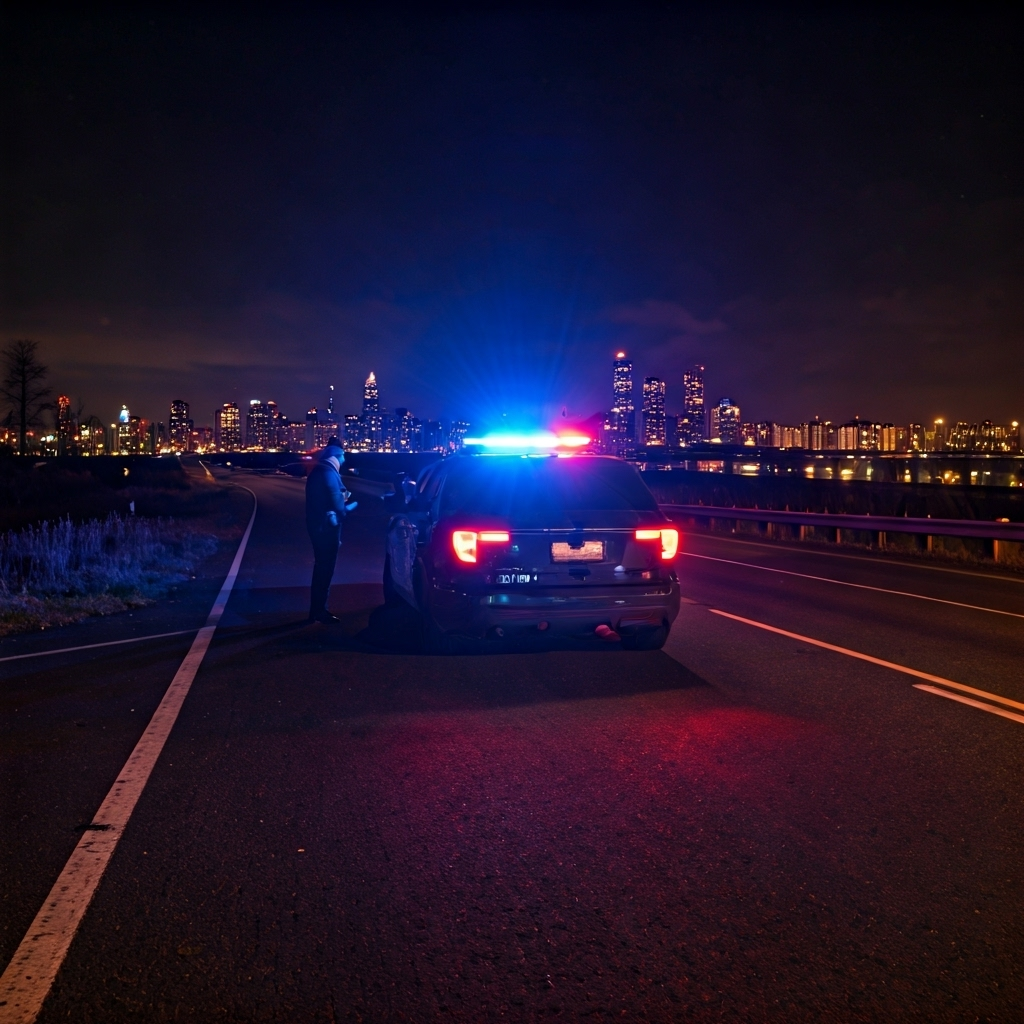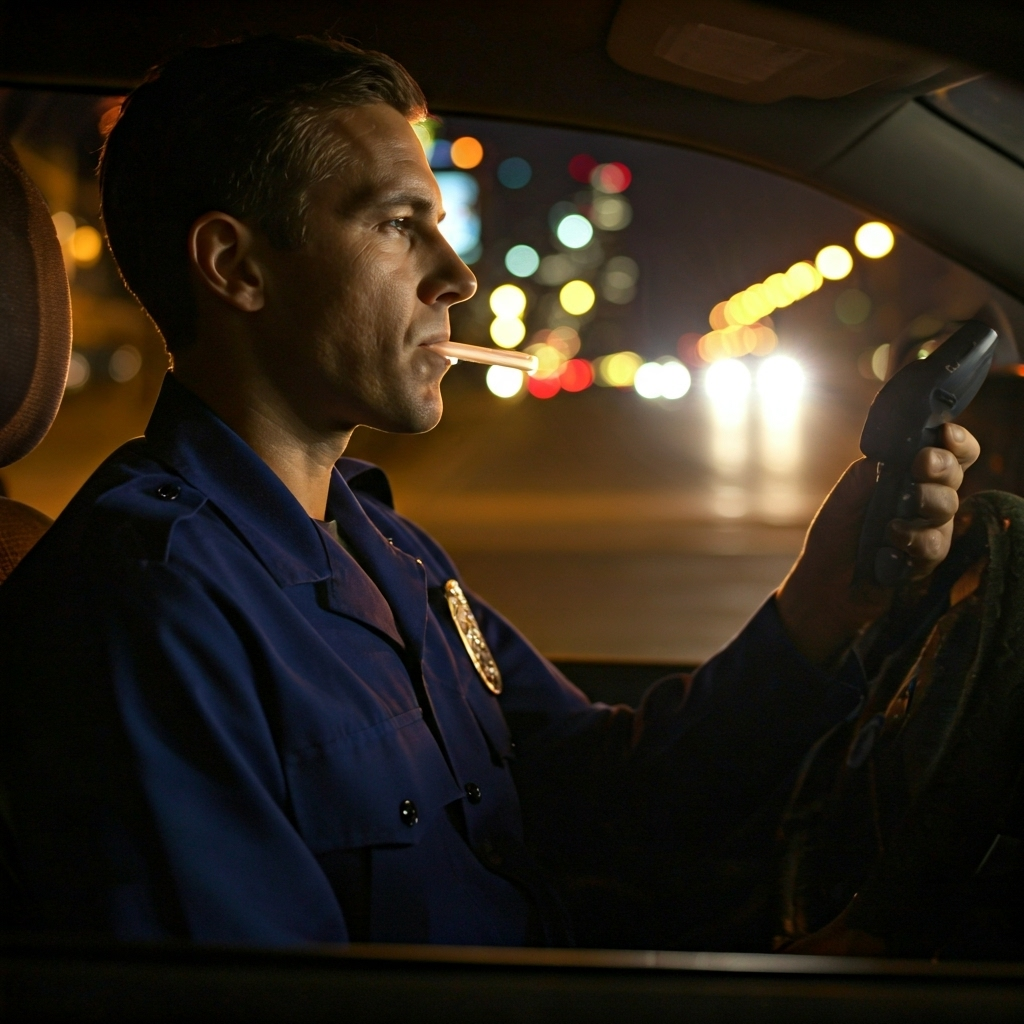Washington State BAC Laws Fines and Consequences

Key Highlights
- Washington State enforces strict DUI laws with specific blood alcohol content (BAC) limits for adult, underage, and commercial drivers.
- A BAC of 0.08% is the legal limit for adult drivers; underage drivers face zero tolerance starting as low as 0.02%.
- Law enforcement uses breath, blood, and urine tests to determine BAC levels during DUI investigations.
- Penalties for exceeding BAC limits range from fines and license suspensions to imprisonment and ignition interlock device installations.
- DUI convictions can have long-term effects, including impacts on employment, auto insurance costs, and criminal records.
- Repeat DUI offenders face escalating legal consequences and may encounter felony charges under specific circumstances.
Introduction
Getting through washington state’s tough dui laws means you have to know the rules around blood alcohol content. Blood alcohol content, or BAC, checks how much alcohol is in your blood. If you go over the legal limit, there can be big results. washington state has set different legal limits for groups like commercial drivers, adults, and people under 21. Breaking these dui laws may cost you money, take your license, and can even lead to jail time. If you get a dui charge, knowing these laws is important, so you know what could happen and what to do next.
Blood Alcohol Content (BAC) Laws in Washington State
 In Washington State, the legal limit for blood alcohol content (BAC) is 0.08% for most drivers. Commercial drivers have a lower BAC legal limit of 0.04%. Going over these limits can get you a DUI charge. This may also lead to license suspension and even jail time. Law enforcement will use things like breath tests and field sobriety tests to check for probable cause. If you find yourself facing a dui charge, it is important to get legal advice from a qualified attorney who knows Washington’s DUI laws well. This can help you make the best choices when dealing with washington state dui cases.
In Washington State, the legal limit for blood alcohol content (BAC) is 0.08% for most drivers. Commercial drivers have a lower BAC legal limit of 0.04%. Going over these limits can get you a DUI charge. This may also lead to license suspension and even jail time. Law enforcement will use things like breath tests and field sobriety tests to check for probable cause. If you find yourself facing a dui charge, it is important to get legal advice from a qualified attorney who knows Washington’s DUI laws well. This can help you make the best choices when dealing with washington state dui cases.
What Constitutes Legal and Illegal BAC Levels
State laws in Washington set different legal BAC levels for different kinds of drivers. If you are an adult and you don’t drive a commercial vehicle, the legal limit is 0.08%. But if you drive a commercial vehicle, the legal limit is lower at 0.04%. That is because you have a bigger responsibility and commercial drivers can cause more danger if something goes wrong.
If you are under 21, the rules are even tighter. A BAC over 0.02% is not allowed. This “zero tolerance” rule is there to stop anyone under 21, who is not allowed to drink, from driving after drinking any alcohol.
You can get a dui charge even if you are under the legal limit. Law enforcement may give field sobriety tests if they suspect you are not fit to drive. If you seem to be impaired, they can still charge you with a DUI. It’s important for all drivers to know the legal limit for their group and remember what can happen if they go over it.
Zero Tolerance Laws for Underage Drivers
Washington has tough zero tolerance laws for underage drivers. The BAC limit is set at 0.02%. This means that even a small amount of alcohol can lead to a DUI offense. The state made these rules to stop underage drinking and driving in any form.
If you get an underage DUI conviction, your license suspension will follow. If you do it again, the punishments are worse. You may get longer suspensions and may have to take classes to learn about alcohol.
The mandatory minimum penalties mean everyone gets the same punishment. This can include fines, probation, or having to join alcohol awareness programs. By using such strict rules, the state is working to keep the roads safe for all, including young drivers and other people who use the road.
Methods of BAC Testing in Washington
Law enforcement in Washington uses different ways to find out a driver’s alcohol concentration. They often use breath tests and blood tests. These tests check how much alcohol is in your system. They also help a lot in deciding about DUI charges.
Breath tests be the most common, as they are easy and quick. Blood tests can show a more exact amount of alcohol concentration. People use blood tests if there has been an accident or someone disagrees about being drunk. Knowing about these methods helps drivers understand what can happen during a traffic stop.
Breathalyzer and Blood Tests Explained
Breathalyzer devices check your BAC by looking at how much alcohol is in the air you breathe out. These tools are fast and do not hurt. But, things like some medicines or not setting up the device right can change how correct the results are.
Blood tests are seen as the best way to check BAC. They need to take your blood for testing in a lab. This way is more right, but you must follow the rules carefully. If someone makes a mistake or something gets in the blood, that can mess up the results.
Both of these BAC methods, along with field sobriety tests and checking for probable cause, help law enforcement decide if someone should be charged with a DUI. Making sure to check the results the right way helps keep the outcome fair.
Implied Consent and Refusing a BAC Test
Washington’s implied consent law says that if a police officer stops you with probable cause for a DUI, you must take a BAC test. If you say no to this test, there will be tough consequences. The first thing that can happen is that your driver’s license may be taken away for a set suspension period.
The Department of Licensing is the one that enforces these suspensions, even if you do not get charged later. This rule shows how important it is to do what is asked. If you refuse the test more than once, your punishment gets worse. The suspension period for your driver’s license will be longer or you may have to pay extra fines.
The law does try to keep people safe from unfair suspensions. Still, if you refuse the BAC test, it can make DUI cases harder for your defense. It is usually tougher to build a good case in court when there is a refusal to follow the law.
Fines and Penalties for Exceeding BAC Limits
 If you go over Washington’s legal BAC limits, you can face large fines and other penalties. People caught can get gross misdemeanor charges. This often comes with big fines, court-ordered probation, and the chance of jail time.
If you go over Washington’s legal BAC limits, you can face large fines and other penalties. People caught can get gross misdemeanor charges. This often comes with big fines, court-ordered probation, and the chance of jail time.
The results of a DUI conviction depend on things like your BAC results and if you have any past DUI cases. If this is your first time, you may get mandatory minimum penalties. If you have done this before, things can get worse fast. Knowing about these penalties shows why it is so important to be careful when you drink and drive.
First-Time Offenders: Fines and Jail Time
First-time DUI offenses in Washington have tough rules. Even if this is your first offense, you can face fines, jail time, or electronic home monitoring. You may see more details about the penalties in the table below:
| Criteria | Penalty |
|---|---|
| BAC Below 0.15% | Fines up to $5,000, jail time of up to 364 days |
| BAC Above 0.15% | Up to $5,000, jail of 120-364 days |
| Refusal to Test | One-year license suspension, fines |
These are the consequences. The rules are strict in this state, and you must follow Washington’s BAC laws to avoid these penalties like jail time, electronic home monitoring, or even a license suspension even for a first offense.
Repeat Offenses: Escalating Consequences
If you have a DUI in your past, the penalties get worse the next time. A second DUI can lead to longer jail time, bigger fines, and a longer license suspension.
When you get a third DUI, things get much more serious. These DUI cases might turn into gross misdemeanors or even felony charges based on what happened. Penalties keep going up. This could mean you lose your license for more time, spend more time in jail, or have to enter rehab programs.
The punishment gets even harder for people who have more than one DUI and were involved in things like accidents. This shows that the state has no tolerance for unsafe driving. The law is strict about keeping people safe on the road.
Other Consequences of High BAC in Washington
Other than fines and jail time, going over the BAC limit brings more problems. People who get a DUI often have their license taken away by the Department of Licensing. There is a long and hard process to get the license back.
Also, you may have to put an ignition interlock device in your car to stop more trouble from happening. This device checks your BAC level before you can drive. It adds more things for you to do if you get a DUI.
License Suspension and Ignition Interlock Devices
License suspensions must happen when someone has a high BAC. The suspension period will change based on the test result and how many times the person has been caught before. To get driving privileges back, you have to meet rules set by the Department of Licensing.
A common rule for people with DUI charges is to use an ignition interlock device. This tool will keep the car from starting if it finds alcohol in the driver’s breath. People who get it have to pay for both installing and keeping up the device, which can cost a lot.
These steps help stop people from doing these offenses again and make the roads safer for everyone.
Impact on Employment, Insurance, and Criminal Record
A DUI conviction does not just mean you face legal trouble. It can change many parts of your life:
- Employment: Many employers will not hire you if you have a DUI conviction. This is even more true for jobs where you must drive.
- Insurance: You will likely pay a lot more for insurance after a DUI. Some insurers will not give you coverage at all.
- Criminal Record: This conviction will show up when there is a background check. It can make it hard to get a place to live or go to the school you want.
- Travel Restrictions: Some places, like Canada, do not let people with a DUI conviction enter.
All of these long-lasting problems show why you need to know and follow Washington’s laws.
Conclusion
Knowing the BAC laws in Washington State is very important for safety and following the law. If you go over the legal limit, there can be serious problems. You may face big fines, jail time, and other effects that could change your life at home and at work. Washington State also has a zero-tolerance rule for drivers who are underage, so it is very important to follow these rules.
It helps to know how BAC is tested and what can happen if you say no to a test. This way, you can make better choices that take care of you and your future. If you want to know more, have questions about BAC laws, or need help with your case, please reach out.
Frequently Asked Questions
What is the legal BAC limit for drivers over 21 in Washington?
In Washington State, the legal BAC limit for drivers who are over 21 years old is 0.08%. If you go over this limit within two hours of driving, you can get a DUI charge. The test results are important. They are used as main evidence in cases under Washington State DUI laws.
How long does a DUI conviction stay on my record in Washington?
In Washington law, if you get a DUI conviction, it will stay on your criminal record forever. Even if it is your first offense, the effect will not go away with time. This can still show up on your driving history and background checks for the rest of your life.
Can I refuse a breathalyzer test in Washington?
If you say no to a breath test in Washington, the implied consent laws will be used against you. When this happens, your driver’s license will be suspended for one year. The Department of Licensing will also act right away to make this happen. Not taking a breath test can also make it harder for you in DUI cases.
What are the penalties for underage DUI in Washington?
Underage drivers in Washington have to follow strict zero tolerance laws. If you have a BAC of 0.02% or more, you can get DUI charges. This means you can get fines, a license suspension, or have to join educational programs. There are also mandatory minimum penalties. The main idea of these laws is to stop underage drunk driving.
Are there alternative sentencing options for DUI offenders?
Yes, in DUI cases, there are other types of sentences. Some people may get electronic home monitoring or be put in alcohol treatment programs. It’s a good idea to talk to a qualified attorney. The attorney can help you look at these options and make sure they work with what is good for you and what the legal system allows.
Call Now or USE contact form a for same-day response:









Thanks to their expertise, the fines were successfully dismissed, and I felt fully supported throughout the process. I highly recommend this attorney to anyone looking for reliable, knowledgeable, and truly dedicated legal help.

